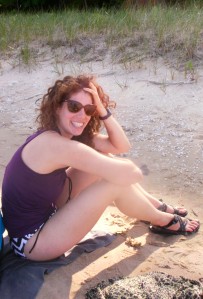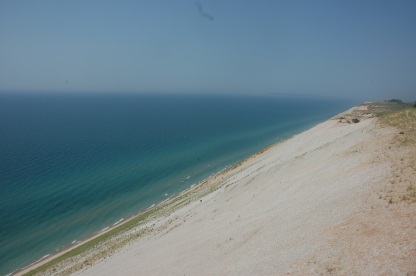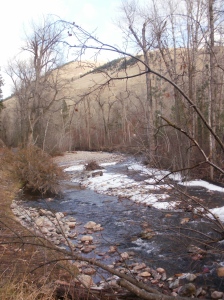 Hello, dear reader. Thank you for either inadvertently washing up upon my blog and having enough curiosity to read the About Me page, or intentionally pinpointing me out within the vast oceanic internet. Regardless of how you got here, you’re in the right place and you’re welcome to stay.
Hello, dear reader. Thank you for either inadvertently washing up upon my blog and having enough curiosity to read the About Me page, or intentionally pinpointing me out within the vast oceanic internet. Regardless of how you got here, you’re in the right place and you’re welcome to stay.
This blog is a space to voice my musings, ruminations, and inquires in and around the theme of resiliency. I am a writer characterized by my millennial generation writing between the edges of fear and hope, two sides of the same coin flipping mid-air toward a future always unknown. Resiliency, then, is the notion that humans, animals, communities and entire ecosystems have an innate tendency to seek survival out of ruin, crisis and setbacks–to muster hope in the place of fear, or rather, to allow a bit of fearfulness to sit beside hope without judgement that fear exists.
I consider myself resilient. I also consider myself privileged. The storms I have weathered were countered with the warm compression of true human to human support. Likewise, I’ve witnessed acts of resiliency in many of the places I visit, the people I meet and the ideas I ponder: cities crafting climate change action plans, loved ones gracefully facing chronic pain, plants sprouting in unlikely highway interchanges. Many of the posts on this blog speak directly to this theme while others take a backroad sort of approach; though every post seeks to give credence to notions of sustainability in an increasingly exploitative world.
Spinning Spiderwebs is a nod to one of the most durable materials made from the natural world. Spider silk is a protein created inside spiders’ cells that some scientists have reported as being stronger than steel on a per weight basis. It’s strength, coupled with it’s elaborate structure and delicate nature, is a tangible, tender sort of resiliency that represents the essence of what I’m trying to accomplish through through my writing and this blog.
~Erica

